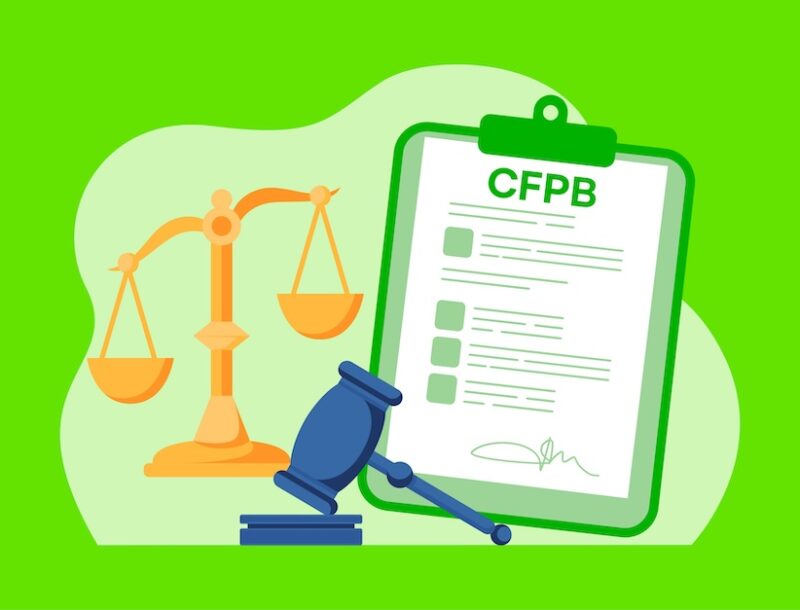Deceptive Subject Lines Under Scrutiny: What Washington’s Ruling Means for Your Email Marketing

The Washington State Supreme Court just made it official: misleading subject lines in commercial emails are not only deceptive—they’re illegal.
In Brown v. Old Navy, LLC, the Court ruled that any false or misleading information in a subject line sent to a Washington resident violates the state’s Commercial Electronic Mail Act (CEMA). More importantly, it clarified that no actual harm is needed to bring a claim.
That ruling brings a new wave of risk for marketers nationwide and serves as a wake-up call for brands to re-examine their email marketing strategies, starting with the subject line.
Let’s break down what this ruling means and how PerformLine’s Email Monitoring can help you stay ahead of compliance risks.
What the court decided
In this landmark case, the Court ruled that:
- Any deception in the subject line is a violation of CEMA, even if the rest of the email is truthful
- The subject line at issue misrepresented a time-sensitive promotion, implying false urgency
- Even without consumer harm, violations are still actionable under Washington’s Consumer Protection Act (CPA).
- Each violation could result in $500 in statutory damages, and potentially more if there’s a pattern of misconduct
Why this ruling matters for marketers everywhere
You don’t have to operate in Washington to be impacted. If you send email to anyone who lives there, this ruling applies to you.
Here’s what compliance teams need to know:
- Strict liability: Intent doesn’t matter—if it’s misleading, it’s a violation.
- Statewide jurisdiction: CEMA covers any email sent to a Washington resident, regardless of where it originated.
- No harm, big penalty: Plaintiffs don’t need to prove damages.
- Volume magnifies risk: If you’re sending thousands (or millions) of emails, small mistakes can become expensive fast.
PerformLine’s take: How to mitigate risk with Email Monitoring
At PerformLine, we believe compliance should be proactive, not reactive. This ruling is a clear reminder that truth in advertising starts at the top of the inbox.
Here’s how to take action today:
Audit and monitor subject lines
Don’t rely on manual spot checks.
Use PerformLine’s Email Monitoring to automatically scan subject lines and email content for misleading language or compliance violations before they reach your audience.
Enforce accuracy and documentation
Ensure all claims made in your email marketing are verifiable. Document your promotions and give your creative team real-time access to accurate details.
Segment strategically
Consider strategically segmenting Washington sends in your email marketing program.
Just as you may already apply special handling for recipients in California (due to CCPA) or the EU (due to GDPR), Washington’s CEMA ruling warrants similar attention. Tailoring campaigns based on geography can help reduce risk exposure and ensure compliance with varying state-level requirements.
Train and align your teams
Compliance isn’t just a legal concern, it’s a brand and customer trust concern. Make sure your marketing, compliance, and legal teams are aligned on the new risks, with regular training and playbooks to guide decisions.
Next step: Connect with PerformLine
With PerformLine’s Email Monitoring, you don’t have to leave compliance up to chance. Our platform automatically finds and flags potentially misleading language in emails and across your campaigns, helping you maintain trust, mitigate risk, and protect your brand.
Ready to safeguard your email marketing program? Schedule a demo of PerformLine.


